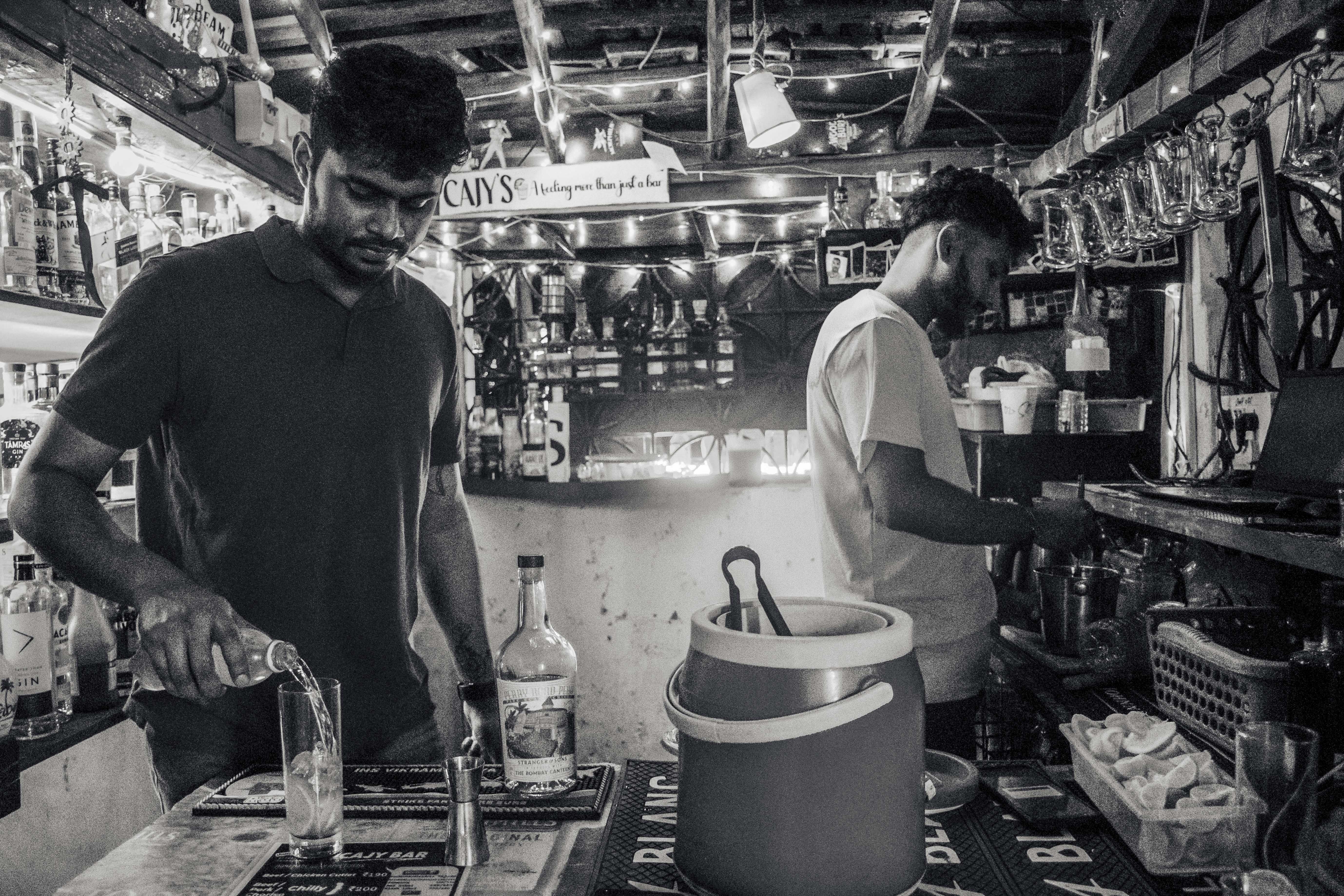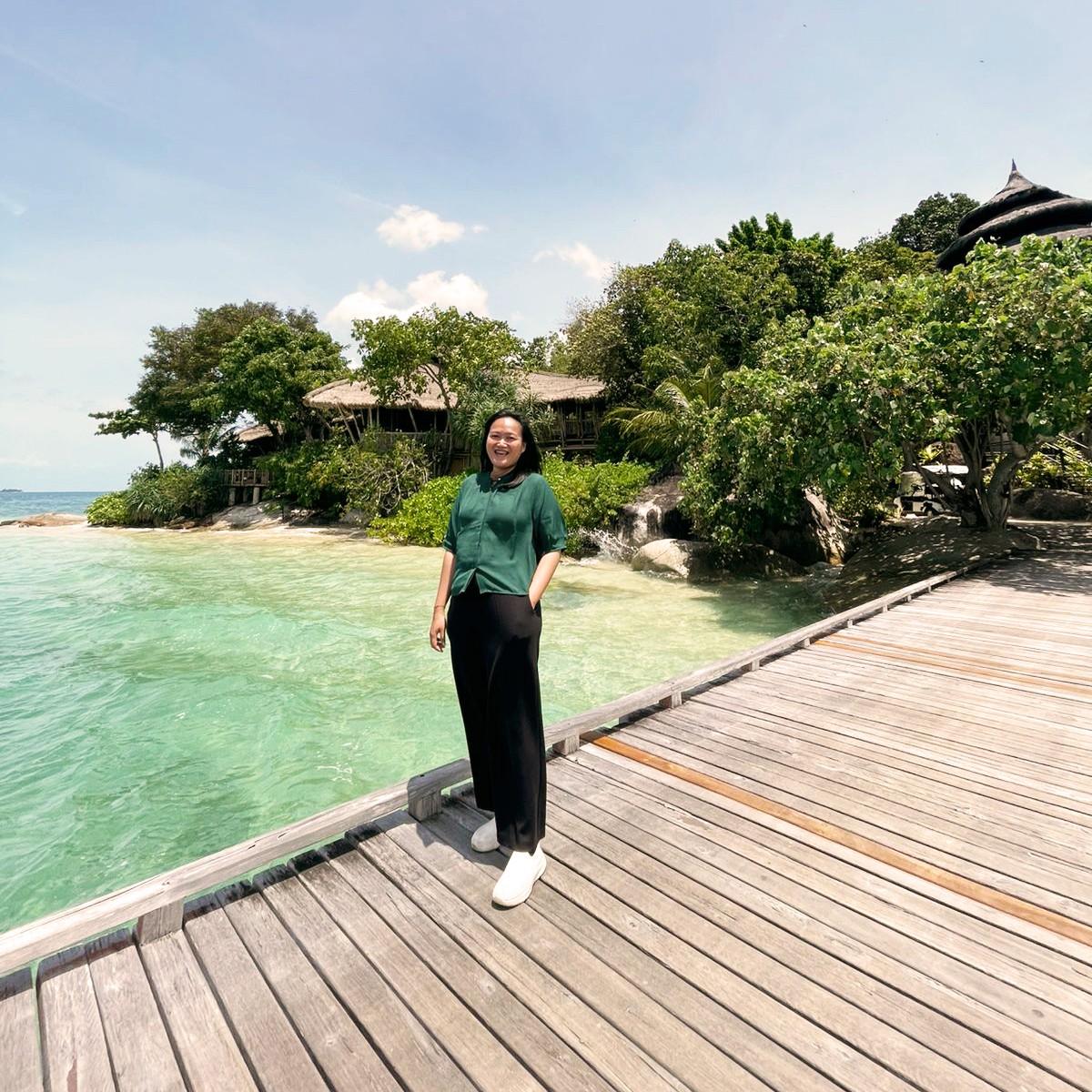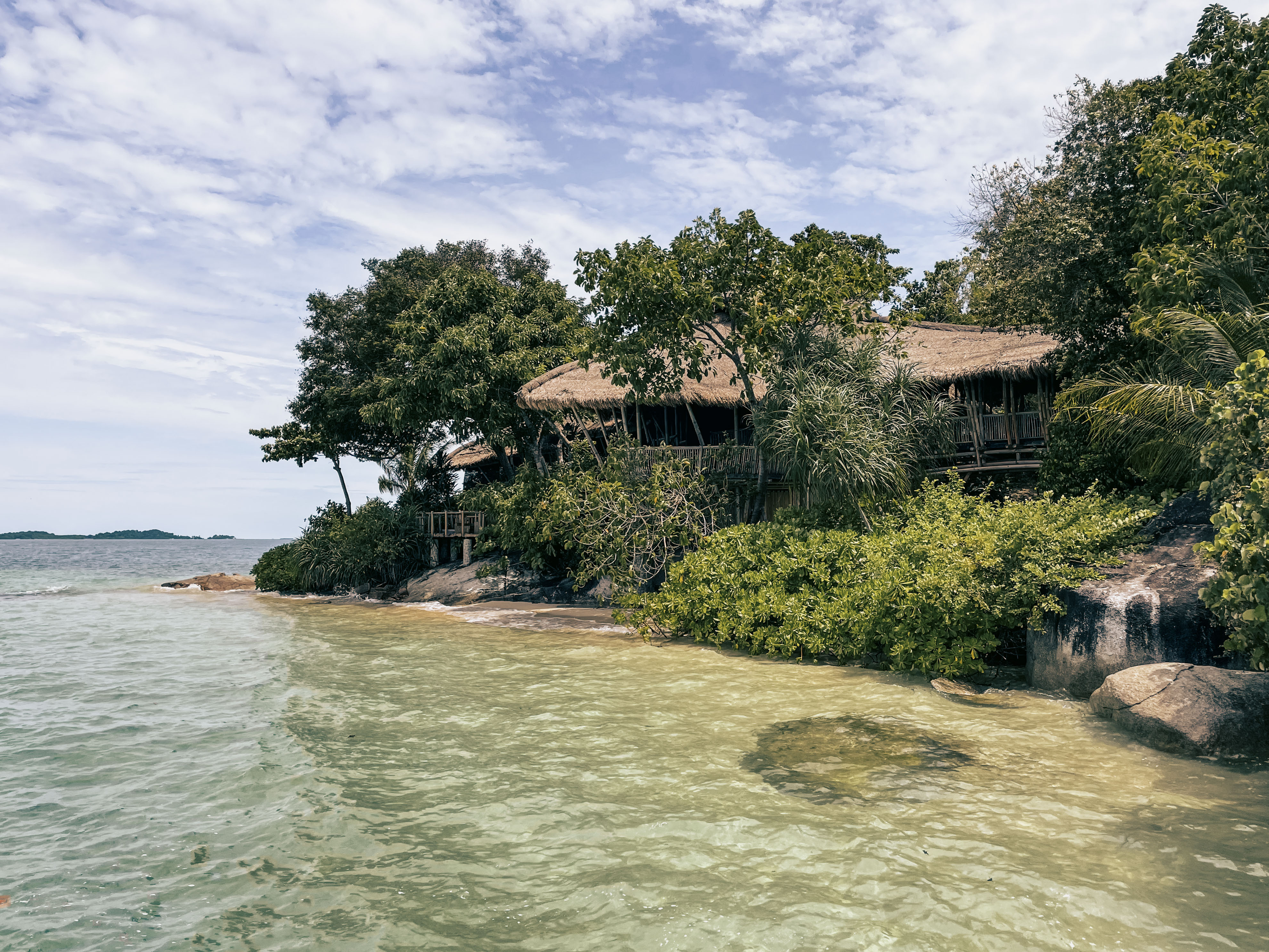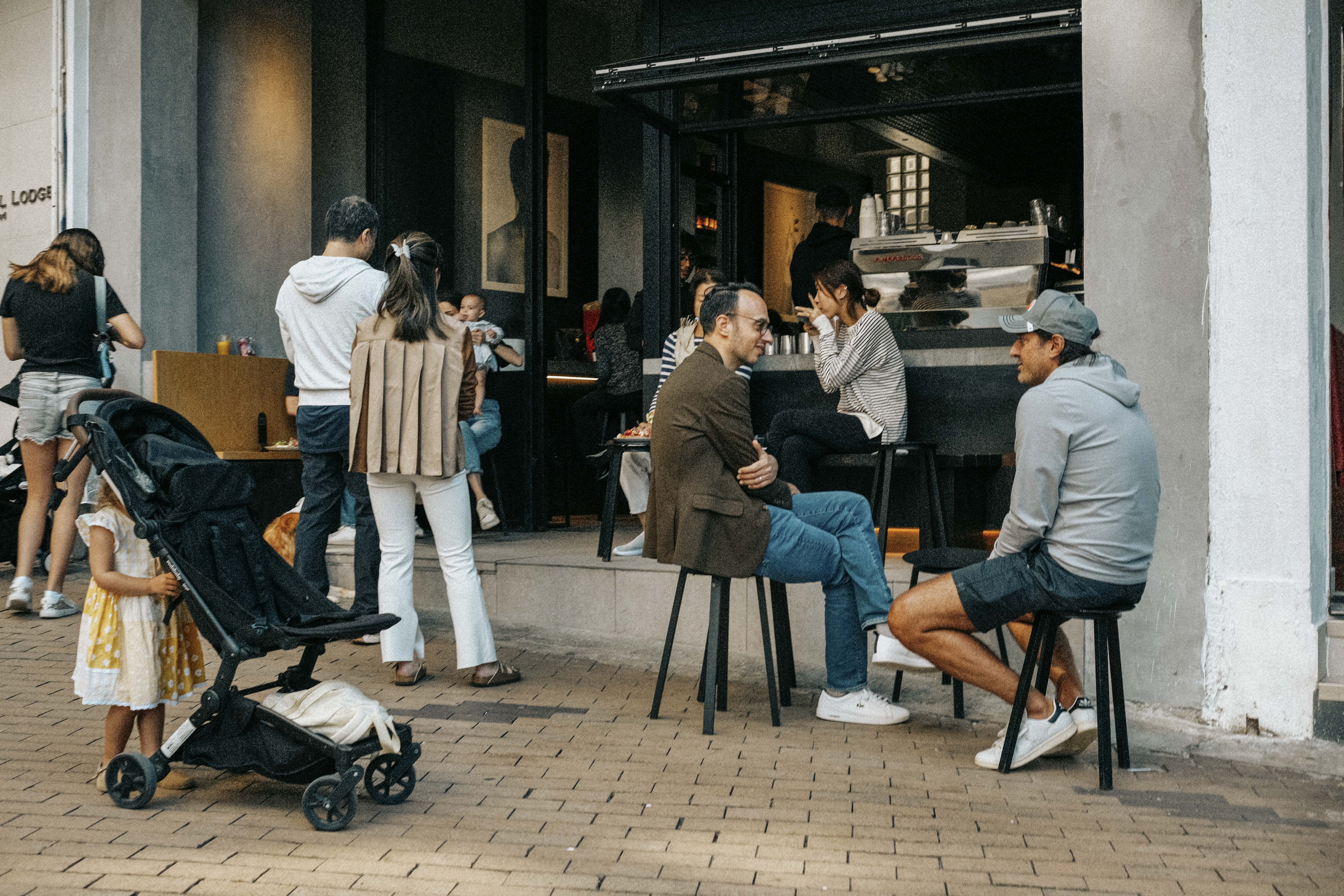The morning air hung thick with incense as I navigated the narrow lanes of Tanggahan Tengah, a village nestled amid emerald rice fields about an hour from Ubud. No signposts marked my destination, just the gentle directions of locals and the distant chime of temple bells.
✦
I had waited six months for this moment – a melukat, or water blessing, with Ida Resi Alit, Bali's youngest high priestess.
Of all Bali's sacred rituals accessible to visitors, the melukat stands as perhaps the island's most profound spiritual offering, a rare opportunity to experience genuine cleansing of both body and spirit.
In Balinese Hinduism, holy water forms the essence of spiritual practice. Its theological foundation springs from an elegant passage in the Bhagavad-Gita which exhorts a divine acceptance of humble offerings, including water, given with pure intention. This transformation – ordinary water imbued with sacred energy – is the cornerstone of nearly every significant moment in Balinese life, from welcoming newborns and bidding farewell to the departed, to blessing new endeavours and placating troubled spirits.
My journey to Ida Resi's sanctuary wasn't merely geographical.
Feeling adrift in life's currents, I sought something beyond the typical tourist experience and had been captured by the story of this extraordinary woman.
The locals speak of her transformation with reverent tones. She was born in 1986, a farm girl from the Bangli region with conventional aspirations whose life took an unexpected turn after personal tragedy and disappointment. To cope, she turned inward through meditation. What happened next has become almost mythical in Balinese circles.
She entered a spontaneous yet profound trance state from which she emerged transformed, suddenly versed in ancient ritual practices and sacred languages she had never formally studied.
The Hindu Dharma council, impressed by abilities that typically take decades to cultivate, made the unprecedented decision to bestow upon her the title of High Priestess as she turned twenty-one, breaking centuries of tradition regarding age, training, and gender in one historic moment.
Photos: Katarzyna Zygnerska; Krisna Yuda
The family compound-turned-sanctuary bustled with activity when I arrived. Children darted between adults, staff chatted on cell phones, and devotees of all ages – Balinese and foreign alike – waited patiently.
When Ida Resi appeared at the top of the stairs at 11am, the air seemed to still. Petite yet commanding, she moved with quiet assurance, her pakaiian adat Bali ceremonial clothes immaculate, her expression serene yet somehow startled, as if perpetually surprised by her own gifts. She ascended a high dais surrounded by trays of vibrant flowers, brass implements, and ritual vessels.
The ceremony began with an hour of devotional chanting, the rhythmic cadence of the Gayatri mantra filling the air, its ancient syllables invoking the cosmic elements. Ida Resi's delicate hands moved with deliberate grace, forming intricate patterns that seemed to gather unseen energies. She played a constellation of brass bells, their crystalline tones punctuating her Sanskrit recitations that rose and fell like gentle waves.
One by one, we came to stand beneath her dais to be rinsed by water poured from a silver vase.
When it was my turn, the first splash of holy water touching my crown sent ripples of sensation down my spine – a jolt not merely from temperature but something more profound.
The voices of children playing, the rustling of offerings, even the tropical heat, all receded into a distant hum. In that suspended moment, I felt only the cascade of the sacred water and heard only the priestess's lilting chants.
Photos: Lauryn Ishak
As the stream cascaded over my face and shoulders, the chaotic world around me seemed to dissolve. Something shifted inside me. A release. Around me, others experienced their own transformations: A man in a wheelchair moaned softly; another trembled and whimpered. Ida Resi paused her chanting to lean down toward me. "Breathe deeply and let go," she whispered in perfect English. "Stamp your feet."
Later, wrapped in dry clothes with my hair still damp, I found myself among a small gathering with the priestess. She spoke with remarkable candour about her spiritual journey. Unlike traditional priests who undergo years of formal instruction, her knowledge had arrived in a flash of divine insight. Yet she explained how years of daily practice had deepened her connection to these rituals.
Photo: Lauryn Ishak
"Each melukat has its own character," she said, her voice soft yet authoritative. "The water carries away what burdens you. Thoughts, emotions, energies that no longer serve your highest self.
"You need no grand reason to seek cleansing. When your spirit feels heavy, the water awaits."
I've since experienced other melukats, once at the majestic Uluwatu temple perched on a cliff edge above the churning Indian Ocean. Under a mangku priest's guidance, I bent my head as water trickled over me, feeling the flagstones warm beneath my bare feet while curious tourists watched from a respectful distance. The setting differed dramatically from Ida Resi, yet the essence remained constant: That singular moment when cool blessed water meets warm skin, and something shifts within.
What stays with me most about Ida Resi's blessing isn't just the ritual's power, but its paradoxical place in Balinese life: Profound spirituality woven seamlessly into the fabric of everyday life, the mystical and quotidian dancing together in perfect harmony. Sacred water flows through their days like the island's countless rivers, purifying and connecting, making the divine tangible through the simplest element on earth.


















